DIY Leak Detection Tips for Florida Residents
Detecting leaks early can save you from extensive water damage...
Living in a humid climate, like Florida, presents unique challenges for homeowners, particularly when it comes to plumbing. High humidity levels can exacerbate plumbing issues, leading to problems such as mold growth, pipe corrosion, and leaks. Here’s a guide on how to prevent common plumbing problems in humid climates.
High indoor humidity can lead to condensation on pipes, which can cause rust and eventual leaks. Use dehumidifiers and ensure proper ventilation in areas like bathrooms and kitchens to keep humidity levels in check. Exhaust fans can also help reduce moisture in the air.
Insulating your pipes can prevent condensation, which is a common issue in humid climates. Pipe insulation helps maintain the temperature of the pipes, reducing the likelihood of water vapor condensing on them. This is especially important for pipes located in unconditioned spaces like basements and attics.
Frequent inspections can help catch leaks early before they cause significant damage. Check under sinks, around toilets, and near water heaters for any signs of water accumulation. Look for water stains on walls and ceilings, which can indicate hidden leaks.
Your HVAC system plays a crucial role in controlling indoor humidity. Ensure that your air conditioning unit is properly maintained and that filters are changed regularly. A well-functioning HVAC system can help keep your indoor environment dry and prevent plumbing issues related to high humidity.
Clogged gutters and downspouts can lead to water pooling around your home’s foundation, increasing the risk of leaks and water damage. Regularly clean your gutters and ensure downspouts direct water away from your home. This helps prevent moisture buildup that can affect your plumbing system.
Hard water, which is common in humid areas, can lead to mineral buildup in your pipes. Installing a water softener can reduce the mineral content in your water, preventing scale buildup and extending the life of your plumbing system.
Mold thrives in humid conditions and can cause significant damage to your plumbing system. Use mold-resistant materials in areas prone to high humidity, such as bathrooms. This includes mold-resistant drywall, paint, and caulk.
In humid climates, drains can easily become clogged with debris and organic matter. Regular drain cleaning can prevent clogs and ensure that water flows freely through your pipes. Avoid using chemical drain cleaners, which can damage your pipes; instead, use mechanical methods or call a professional.
High water pressure can stress your pipes and cause leaks, especially in humid climates where pipes are already susceptible to corrosion. Use a water pressure gauge to monitor your home’s water pressure and install a pressure regulator if necessary to keep it within safe levels.
Regular inspections by a professional plumber can help identify potential issues before they become major problems. A professional can spot signs of wear and tear, corrosion, and other problems that you might miss, ensuring your plumbing system remains in good condition.
Preventing common plumbing problems in humid climates requires proactive maintenance and regular inspections. By controlling indoor humidity, insulating pipes, and staying vigilant for leaks, you can protect your plumbing system from the challenges posed by high humidity. If you need assistance with plumbing maintenance or repairs, contact a professional to ensure your system remains in optimal condition.
Detecting leaks early can save you from extensive water damage...
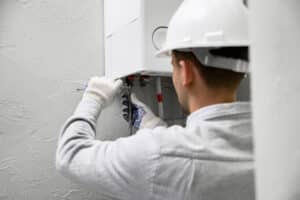
Tankless water heaters are becoming increasingly popular among homeowners looking...
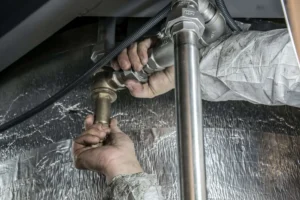
Detecting leaks early can prevent significant damage and costly repairs....
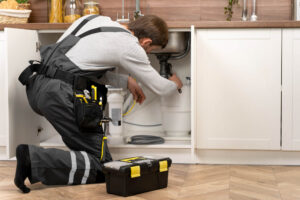
Professional drain cleaning is essential for maintaining a healthy plumbing...
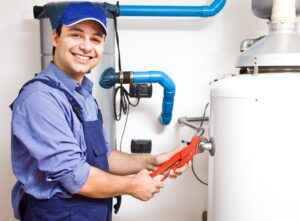
Water heaters are a crucial part of your home’s plumbing...
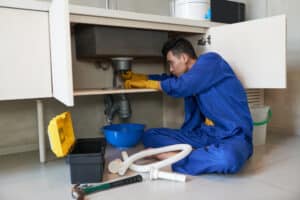
Chemical drain cleaners are commonly used to tackle clogs and...